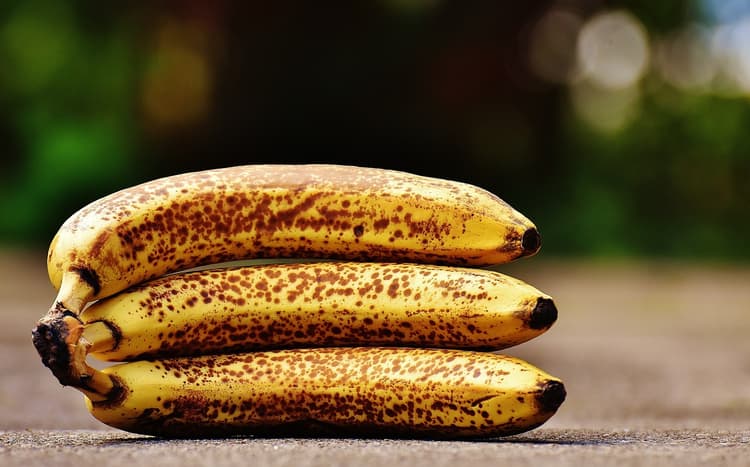Myths about teaching can hold you back
- Year 11
- OCR
- Higher
The effects of gibberellins and ethene on plant growth and development
I can describe effects of gibberellins and ethene on plant growth and development.
- Year 11
- OCR
- Higher
The effects of gibberellins and ethene on plant growth and development
I can describe effects of gibberellins and ethene on plant growth and development.
These resources were made for remote use during the pandemic, not classroom teaching.
Switch to our new teaching resources now - designed by teachers and leading subject experts, and tested in classrooms.
Lesson details
Key learning points
- Gibberellins are plant hormones that cause plants to produce flowers and cause seeds to germinate.
- Plant breeders use gibberellins to force plants to produce flowers so they can be pollinated and increase size of fruit.
- Ethene is a plant hormone that causes ripening of fruit.
- Commercial fruit growers use ethene to speed up fruit ripening so that fruit is ready for sale.
Keywords
Gibberellins - A plant hormone involved in many processes in growth and development, including germination.
Ethene - A gas naturally produced by a plant to activate fruit ripening.
Ripening - The process of a fruit changing to be ready to be eaten.
Germination - The process of seeds developing into new plants.
Common misconception
Fruit can only ripen whilst it is on the plant.
Discussion of fruits that are picked unripe, e.g. nectarines, tomatoes, avocados, bananas, and that they are ripened in transit.
To help you plan your year 11 biology lesson on: The effects of gibberellins and ethene on plant growth and development, download all teaching resources for free and adapt to suit your pupils' needs...
To help you plan your year 11 biology lesson on: The effects of gibberellins and ethene on plant growth and development, download all teaching resources for free and adapt to suit your pupils' needs.
The starter quiz will activate and check your pupils' prior knowledge, with versions available both with and without answers in PDF format.
We use learning cycles to break down learning into key concepts or ideas linked to the learning outcome. Each learning cycle features explanations with checks for understanding and practice tasks with feedback. All of this is found in our slide decks, ready for you to download and edit. The practice tasks are also available as printable worksheets and some lessons have additional materials with extra material you might need for teaching the lesson.
The assessment exit quiz will test your pupils' understanding of the key learning points.
Our video is a tool for planning, showing how other teachers might teach the lesson, offering helpful tips, modelled explanations and inspiration for your own delivery in the classroom. Plus, you can set it as homework or revision for pupils and keep their learning on track by sharing an online pupil version of this lesson.
Explore more key stage 4 biology lessons from the Plant growth and development unit, dive into the full secondary biology curriculum, or learn more about lesson planning.

Equipment
None required.
Licence
Prior knowledge starter quiz
6 Questions
Q1.True or false? Plants have hormones.
Q2.Plant hormones that control a plants' response to a stimulus are called...
Q3.What is the term given to the growth response of a plant to a stimulus?
Q4.True or false? Fruits are a seed.
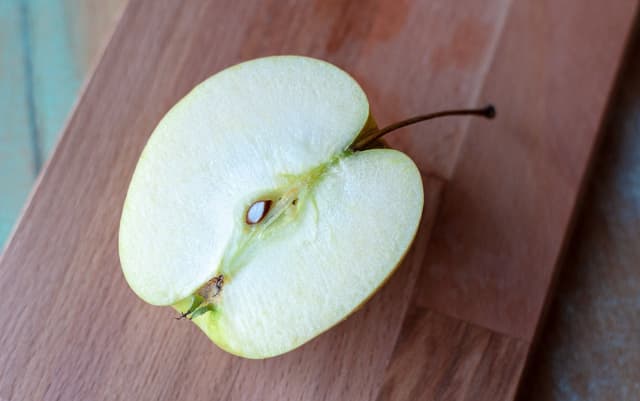
Q5.What does a seed contain?
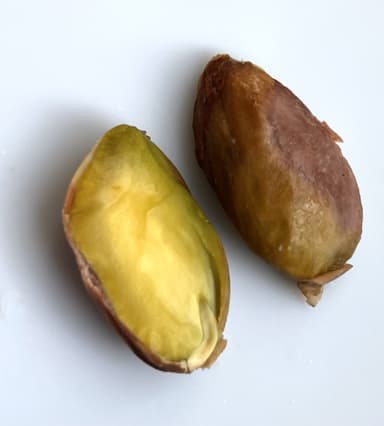
Q6.What triggers germination?
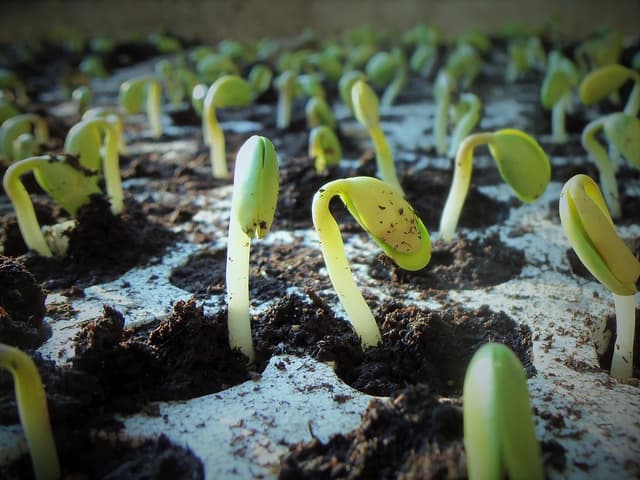
Assessment exit quiz
6 Questions
Q1. is a gas naturally produced by fruit that activates fruit ripening.
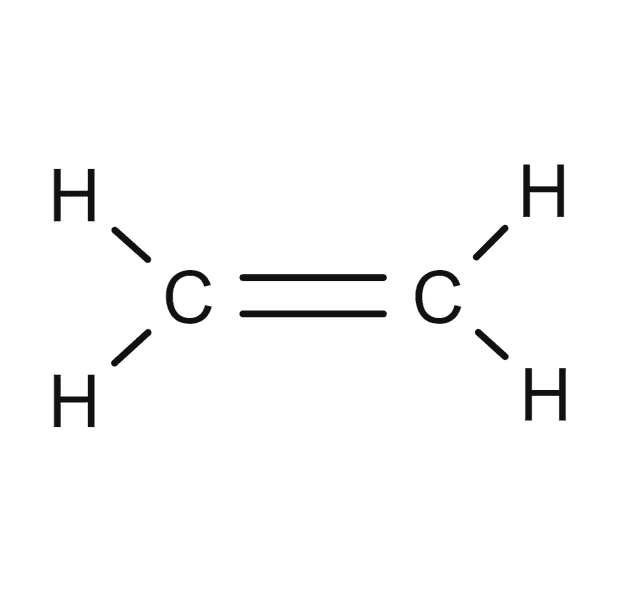
Q2.What is the role of gibberellins?
Q3.What are the advantages of using ethene in transit?
Q4.Why would a plant breeder apply artificial gibberellins to their plants?
Q5.A banana is over-ripe and has caused the other fruit in the fruit bowl to ripen. Which plant hormone was the banana producing to cause this?
